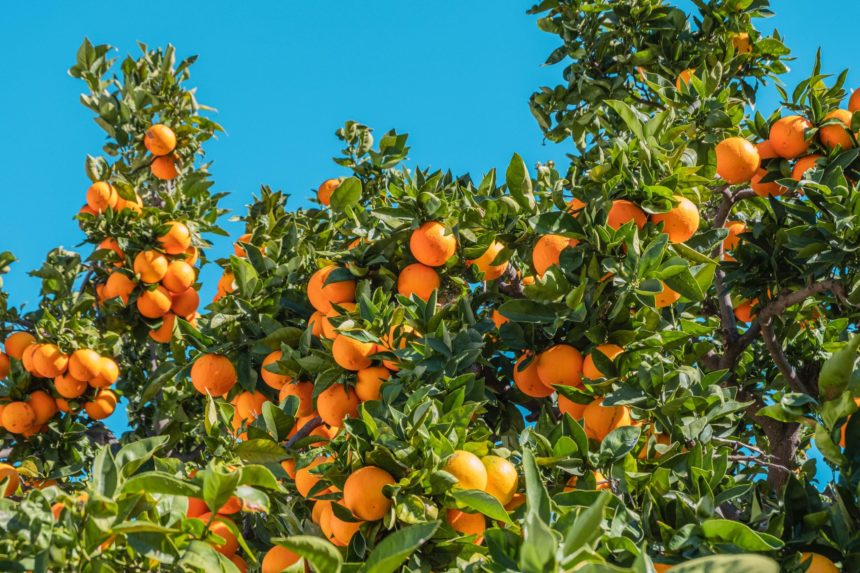[vc_row][vc_column][vc_column_text]The arrival of consignments of oranges from Egypt to some Spanish stores, especially Valencian, has raised concern in the Valencian Association of Farmers (AVA-ASAJA) by the lack of reciprocity with which these imports enter and the threat that, because of improper or confusing labeling, consumers may end up buying foreign oranges before local. Therefore, the agricultural organization asks both commercial operators and large-scale distribution and consumers to give priority to Valencian and Spanish oranges, which are at their optimum ripeness and guarantee the highest standards of freshness, quality, food safety, and environmental sustainability.
Despite the sharp decline in citrus crop throughout the Mediterranean basin, mainly due to drought, AVA-ASAJA has detected in recent days that some private traders are introducing shipments from third countries, with the aim of gaining trade margins and using them to push down prices at the source of local citrus down. The largest amount of fruit imported in this second half of the campaign is Egyptian oranges, although there are also oranges from Turkey and mandarins from Morocco.
The president of AVA-ASAJA, Cristóbal Aguado, urges “to prioritize the consumption of our oranges and mandarins. We cannot be less than the French and the Italians, who know how to defend their product and put it before imports, if they are cheaper, it is because they are produced in miserable working conditions, without environmental barriers and with materials prohibited here”.
Aguado also calls on the Administration “comprehensive controls on the labeling of citrus -and other agricultural products- at points of sale so that the country of origin is clearly identified and not to deceive or confuse anyone by selling citrus from Egypt, Morocco or Turkey as their own. As the EU encourages unfair competition and refuses that imports from third countries comply with reciprocity or mirror clauses, when it should be the minimum requirement, the consumer must be able to differentiate at a glance the European product from non-European to allow you to choose the most beneficial option for your health, as well as for European economic prosperity, food self-sufficiency, the fixation of the rural population and the fight against climate change”.
Source: https://www.abc.es[/vc_column_text][/vc_column][/vc_row]
